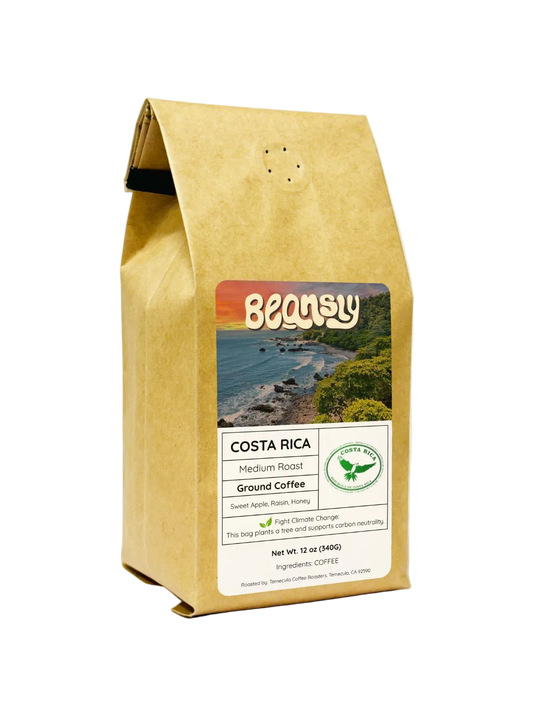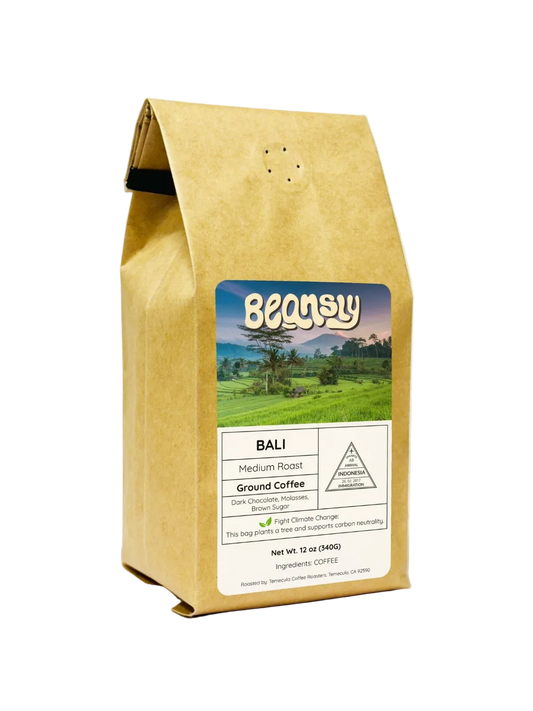Coffee shows up in a lot of ways — from grocery store shelves to small-batch roasters — and not all coffee is treated the same along the way.
That’s where the difference between specialty coffee and commodity coffee comes in. It’s not about right or wrong. It’s about intention.
What Is Specialty Coffee?
Specialty coffee is coffee that’s been grown, sourced, and handled with care — from the farm all the way to your cup.
To be considered “specialty,” coffee is graded by certified tasters (called Q-graders) and must score 80 points or higher on a 100-point scale. That score reflects things like flavor clarity, balance, and overall quality.
Most specialty coffee is made from Arabica beans and highlights the natural characteristics of where it’s grown — whether that’s bright and citrusy, smooth and chocolatey, or somewhere in between.
But specialty coffee isn’t just about taste. It’s also about:
-
Knowing where the coffee comes from
-
Paying attention to how it’s grown and harvested
-
Supporting sustainable and ethical practices
-
Valuing quality over quantity
What Is Commodity Coffee?
Commodity coffee is produced at a much larger scale and is typically grown with volume in mind.
It’s often:
-
Mass-produced
-
Sold at lower price points
-
Less traceable to a specific farm or region
-
Roasted in very large batches
That doesn’t mean it’s “bad” coffee — it just serves a different purpose. Commodity coffee prioritizes consistency and accessibility over origin-specific flavor.
Understanding the Differences
Quality
Specialty coffee focuses on flavor, balance, and clarity. Commodity coffee prioritizes volume and consistency.
Price
Commodity coffee is usually less expensive. Specialty coffee costs more because it reflects higher-quality sourcing, smaller batches, and more hands-on care.
Traceability
With specialty coffee, you can often trace the beans back to a specific region, farm, or cooperative. Commodity coffee is usually blended from many sources, making origins harder to identify.
Roasting
Specialty coffee is roasted in smaller batches to highlight flavor. Commodity coffee is roasted at scale, often prioritizing speed and uniformity.
Sustainability
Specialty coffee more commonly emphasizes ethical sourcing, fair labor practices, and environmental responsibility — though approaches can vary.
So… Which One Is Better?
Neither exists to replace the other.
Commodity coffee keeps coffee widely available.
Specialty coffee invites you to slow down and notice what’s in your cup.
The best coffee is the one you enjoy — whether that’s a carefully sourced single origin or your everyday morning brew with cream and sugar.
Behind the Bean
Understanding the difference between specialty and commodity coffee isn’t about labels or status. It’s about awareness.
When you know how coffee is grown, sourced, and roasted, you get to choose what matters most to you — flavor, story, accessibility, or all of the above.
Every cup has a story.



